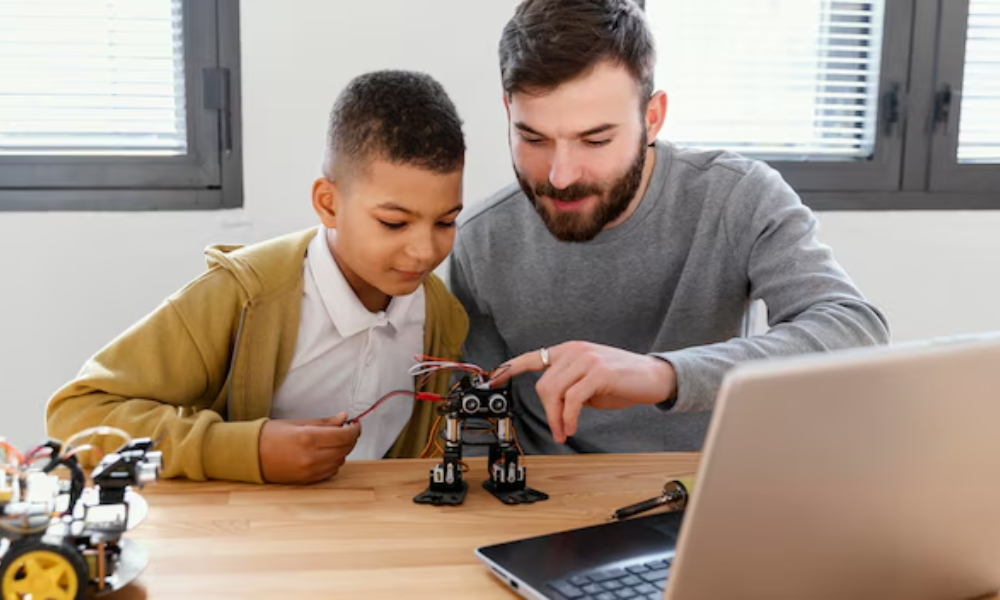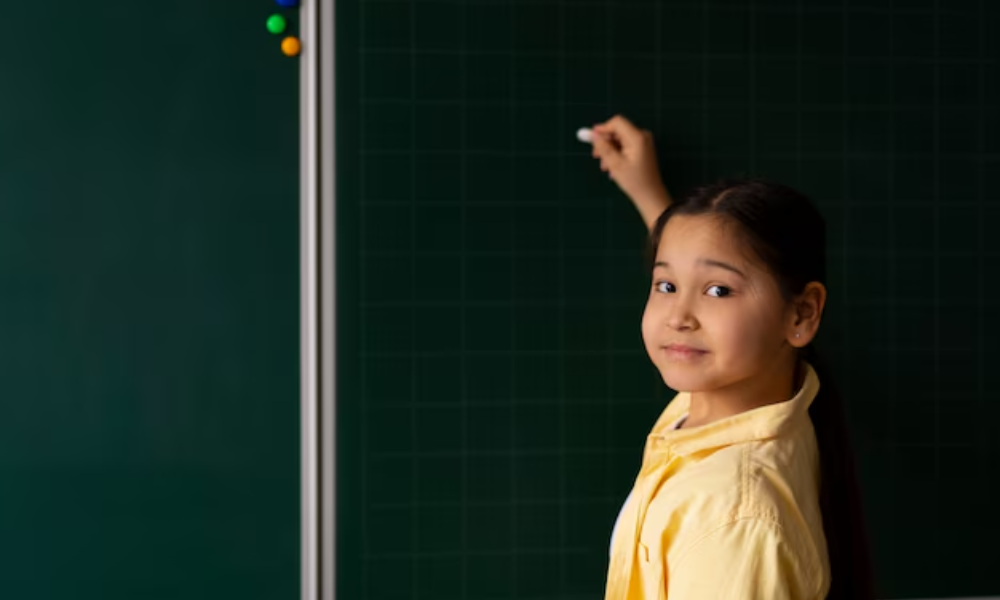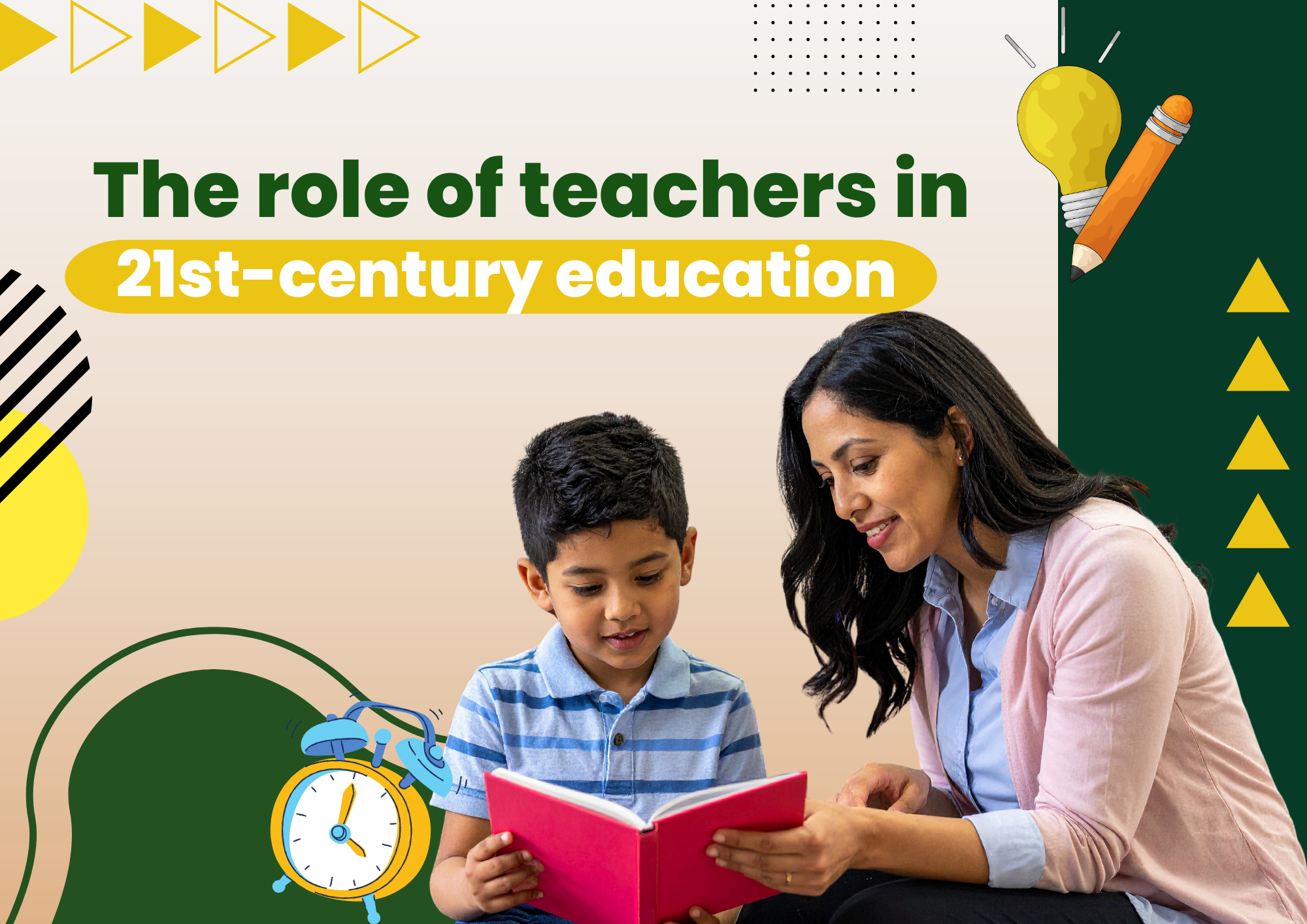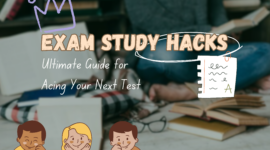Education is at the very heart of a democratic society. Through the delivery of education effectively, we give young people the power to influence their future and contribute to the community.
What is role of teachers in 21st-century education?

The world has changed a lot. It has become more complicated, more complex, and more challenging. The challenges we face today are much different from the ones our parents faced back in their days.
As per research conducted by boarding schools in Dehradun, 21st-century education aims to prepare students for life in the 21st century by teaching them skills such as problem-solving, critical thinking, and communication.
In the role of teachers in 21st-century, education is about more than just learning facts. It’s about developing skills that help you succeed in a world of constant change.
It gives them the knowledge and skills to adapt to new challenges, solve problems creatively and innovate in their fields. It also helps them become more responsible citizens who contribute positively to society.
The purpose of 21st-century education is to develop students who are:

1 . Inquisitive:
Students should be encouraged to ask questions and have the freedom to explore their interests.
2 . Creative:
Students should be encouraged to think outside the box, take risks, and use their imagination.
3 . Emotionally intelligent:
Students should learn how to manage their emotions, respond appropriately to others’ emotions and be able to resolve conflicts peacefully.
4 . Citizens of the world:
Students should be aware of issues facing humanity such as cultural diversity and global warming so they make informed decisions about how they want to contribute positively towards a sustainable future.
Technology-enhanced learning environments

In the 21st century, teachers and administrators are faced with the challenge of preparing students for an ever-changing world. Students need to think critically, solve problems and communicate effectively.
Teachers must provide instruction relevant to their students’ needs within a changing global economy. One way to do this is through technology-enhanced learning environments.
Technology has become an integral part of our everyday lives; therefore, it should not be surprising that it is integrated into education.
Teachers can utilize several types of technologies to enhance their lessons: computers; tablets; mobile devices such as smartphones or e-readers; video game consoles; smartboards (large interactive whiteboards).
The role of a teacher in the 21st century

Another survey done by Top Schools in India shows that Teachers are the most important component of any education system. And in the 21st century, they must be equipped with the right tools and training to provide their students with a first-class learning experience.
Educators have an even larger role to play in ensuring students are prepared for the future. The work of teachers is complex and challenging.
Teachers play an essential role in 21st-century education because they’re responsible for giving students the skills and knowledge they need to thrive in today’s economy.
It’s exciting to see how teachers are adapting to the ever-changing role of educators in society.
Guides and facilitators
Teachers give students choices, but they also set clear expectations and boundaries. They should use their knowledge and experience to help students learn from others’ work, whether in print or online.
The teacher’s role is shifting from a teacher as a deliverer of content to a facilitator of learning. Teachers must be aware of the new tools available to their advantage. The teacher is still the center of the classroom, but the students are now more involved in the learning process.
1 . Innovators
Teachers integrate technology into courses and lessons. They design their professional development opportunities. This shift requires new skills and approaches from teachers, who now have to provide more than just content knowledge to their students.
2 . Communicators
Teachers should encourage students to ask questions, seek answers, discuss what they find out, and share their findings with others. Teachers should also guide students in developing research skills to locate information efficiently and evaluate sources critically.
3 . Critical thinkers
Today’s students need to be able to think critically, analyze information, solve problems, communicate clearly, and work in teams. These skills are necessary for success in today’s workplace and will be even more important in the future. The teachers promote these skills in class.
4 . Keep students motivated
Teachers must now be able to motivate their students beyond just delivering content or telling stories about what they learned that day. The teacher must now be able to teach their students how to learn on their own, how to think critically, and how to problem-solve independently.
Assessment in the 21st century

Teachers need to understand that there is a need for them to change their teaching methods as well as their assessment practices. It is also essential for them to embrace technology and use it effectively in the classroom.
Teachers need to be able to share their lesson plans and assessments with other teachers in their school district and with teachers from around the world.
To do this effectively, teachers need to understand how their students learn best and how they can optimize their learning experiences. Teachers must also be able to evaluate their teaching practice so they can continually improve their effectiveness as educators.
Conclusion
In the past decade, technological advances have provided educators with an array of tools to better facilitate student learning. These tools include multimedia resources, simulations, and virtual laboratories. In addition, the Internet has become an important resource for teachers and students.
Educators are increasingly using web-based applications to share lessons with other schools and districts, conduct research on topics related to their field of study and collaborate with other educators around the world.
For any queries related to parenting, schooling, or any student-related tips, click here to check out our latest blogs









